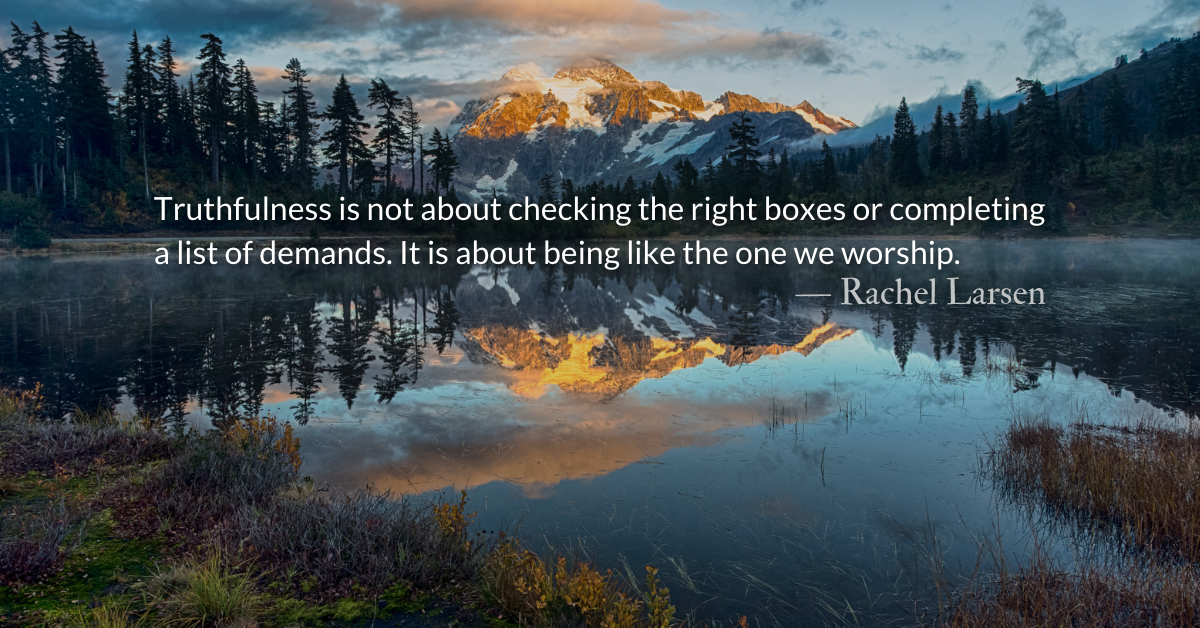Readers’ Choice is here: Over two-thirds of our devotionals get emailed responses from readers like you. Hearing that what we have written is meaningful to you is meaningful to us. That’s why we love sharing some of your comments and messages. Thank you, readers. We do what we do to serve you. There’s still time to tell us about your favorite, most meaningful posts of the year. If you shared it with someone, or it helped you, let us know via email, direct message, or by filling out the linked form.
Links for today’s readings:
Oct 23 Read: 2 Kings 4 Listen: (6:17) Read: Psalms 49 Listen: (2:10)
Readers’ Choice posts are selected by our readers:
Susan, TX — Wow. That was helpful…the “by” “to” and “for”.
This post was originally published on June 20, 2025, based on readings from Deuteronomy 25.4 and 1 Corinthians 9.9-11.
Scripture Focus: Deuteronomy 25.4
4 Do not muzzle an ox while it is treading out the grain.
1 Corinthians 9.9-11
9 For it is written in the Law of Moses: “Do not muzzle an ox while it is treading out the grain.” Is it about oxen that God is concerned? 10 Surely he says this for us, doesn’t he? Yes, this was written for us, because whoever plows and threshes should be able to do so in the hope of sharing in the harvest. 11 If we have sown spiritual seed among you, is it too much if we reap a material harvest from you?
Reflection: What If I Don’t Have an Ox? — Readers’ Choice
By John Tillman
Instruction manuals often describe features your model lacks. If there’s no in-door ice dispenser in your refrigerator or no sunroof in your vehicle, you just skip those sections. They don’t apply.
If the Bible was an instruction manual, we’d all need oxen to follow it or we’d be skipping a lot of passages. Are these passages a waste of space? No. Because the Bible isn’t written to us, it is written for us.
The Bible has instructions, but isn’t a manual. It has laws, but isn’t a constitution or legislation. It has prophecies, but doesn’t tell your fortune. It has histories, but isn’t a record book. The Bible is written by and to people who lived in ancient cultures, economies, and political systems.
Commands about living in tribal or monarchical political systems don’t translate well to modern democratic republics. Regulations about debt management, property rights, and poverty don’t compute in our economic systems. Instructions about planting crops and managing animals don’t apply to city-dwellers or modern agriculture. If scripture is “to them” how is it “for us?”
Paul didn’t have an ox. He was a city-dwelling scholar and a world-traveling preacher of the gospel, but he told the church at Corinth, also urban city-dwellers, that this passage about oxen was “for us.” Paul made an amazing claim. He said that when Moses wrote this down, God was concerned about wisdom for his people, not grain for oxen. From this simple agricultural instruction, Paul taught on God’s authority that those who share in the work should share in the profits.
Paul applied this passage specifically to those, like himself, who were teaching the gospel. They were not grinding grain but sharing the bread of life. But that is surely not all that God intended either. We should apply this wisdom today to the workers in our fields, factories, offices, coffee shops, and markets.
Paul says the Bible “is useful for teaching, rebuking, correcting and training in righteousness.” (2 Timothy 3.16) There is wisdom to apply to our political and economic systems and choices. There is wisdom to apply to our labor markets and business practices. There is wisdom to apply to our personal finances and use of power and resources.
Tune your heart to the Holy Spirit and listen to scripture in this way. There is wisdom to be revealed in every corner of scripture, even in passages about oxen we don’t own.
The Lord’s Prayer:
We will take a break from The Divine Hours prayers for the month of October and instead pray Dallas Willard’s paraphrase of The Lord’s Prayer:
Dear Father, always near us, may your name be treasured and loved, may your rule be completed in us—may your will be done here on earth in just the way it is done in heaven.
Give us today the things we need today, and forgive us our sins and impositions on you as we are forgiving all who in any way offend us.
Please don’t put us through trials, but deliver us from everything bad. Because you are the one in charge, and you have all the power, and the glory too is all yours-forever-which is just the way we want it!
Read more: Kingly Qualifications
Americans rated important traits in a president. They don’t compare well with God’s priorities.
Consider Supporting Our Work
If our work has profited your spiritual life, please consider donating to help us serve others.



